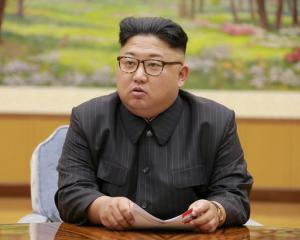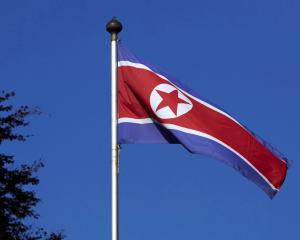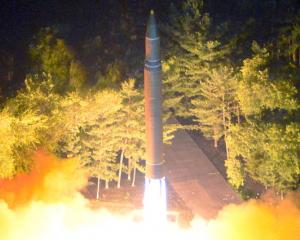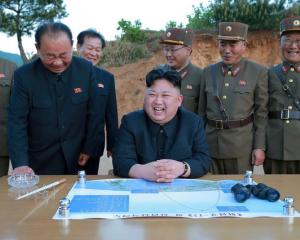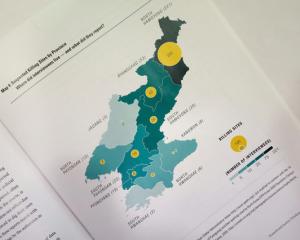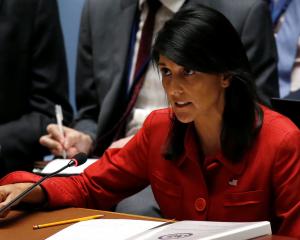Richard Towle is the United Nations High Commissioner for Refugees' regional representative for Australia, New Zealand, Papua New Guinea and the Pacific.
Based in Canberra, the New Zealander oversees the quality of refugee protection and the way governments receive and treat them in those areas.
"At the end of the day, we are talking about people, and what real people need.
"They are not numbers or statistics, but people who have faced terrible ordeals."
Mr Towle (52), a human rights and refugee lawyer from Auckland, was in Dunedin yesterday to give a public lecture on protecting people in crisis, at the invitation of the National Centre for Peace and Conflict Studies, based at the University of Otago.
It was an invitation he was pleased to accept, given he had taken part in a steering group looking at the development of such a centre, he said in an interview.
"It is wonderful, two years later, to see it established in Otago and already creating a reputation for itself."
Mr Towle joined the United Nations High Commissioner for Refugees in the early 1990s, working in Hong Kong with Vietnamese boat people, before moving to the London office.
He has also worked in the Balkans, Africa and Europe.
He took up the regional representative post in 2007.
Refugees often became a political issue, especially in Australia, he said.
Refugees, who often came by boat to Australia, were a "hot topic" for the 2010 election, he said.
"What we try and do is provide balance and measure to the debate on these issues, as they can be quite inflammatory and polarising."
While people felt those refugees who came by boat were violating international borders and needed to be stopped, they still needed to be treated with dignity, Mr Towle said.
"Refugees are just you and me, ordinary people who have survived extraordinary challenging events."
However, in New Zealand there was a "calmer environment" around refugee issues and its resettlement programme was well regarded internationally.
However, there were concerns that in the economic climate of government cost-cutting, social-service support for refugees could be cut, he said.
"It is important, in the present economic climate, that good-quality support services [remain] so they can become self-sufficient and independent members of of the community."
Anything that slowed down the integration of refugees into their new society was doubly persecuting them.
"It enables them to make a wonderful contribution to New Zealand - if they are given the proper support."
New Zealand's remoteness from the majority of the world's refugees allowed the country to provide a higher quality of treatment and reception for refugees, he said.
"It is very important New Zealand sees itself as a player on the international stage for protecting refugees."
In the Pacific, the United Nations was increasing its support for states affected by climate change and natural disasters, he said.



